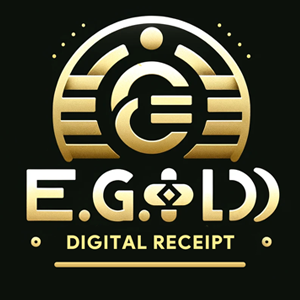
The intersection of blockchain technology and gold trading is a fascinating evolution in the financial industry. Blockchain-based gold exchange platforms combine the stability and enduring value of gold with the transparency, security, and efficiency of blockchain technology. This integration addresses longstanding inefficiencies in the gold market while opening up new possibilities for investors and traders.
Table of Contents
- Understanding Blockchain-Based Gold Exchange Platforms
- The Role of Blockchain in Transforming Gold Trading
- Key Features of Gold Exchange Platforms Powered by Blockchain
- Top Blockchain-Powered Gold Exchange Platforms to Consider
- Tokenized Gold: Redefining Gold as a Digital Asset Class
- Advantages of Blockchain Technology for Gold Investors
- Risks and Challenges in Blockchain-Based Gold Trading
- A Beginner’s Guide to Using Blockchain Gold Platforms
- Regulatory Insights for Blockchain Gold Exchange Platforms
- Emerging Trends in Blockchain Gold Trading for 2025
- The Importance of Blockchain Gold Platforms for Modern Investors
- Frequently Asked Questions About Blockchain and Gold Trading
Understanding Blockchain-Based Gold Exchange Platforms
Blockchain-based gold exchange platforms are digital marketplaces where gold trading is facilitated using blockchain technology. These platforms tokenize gold, converting it into digital assets, such as tokens or cryptocurrencies, that represent ownership of physical gold stored securely in vaults.
The Role of Blockchain in Transforming Gold Trading
Transparency
Blockchain's immutable ledger records every transaction, ensuring transparent ownership and trading histories.
Security
The decentralized nature of blockchain reduces the risk of fraud, theft, or tampering.
Efficiency
Smart contracts automate processes such as settlement and payment, reducing transaction times from days to seconds.
Accessibility
Investors worldwide can access tokenized gold, overcoming geographical and logistical barriers.
Key Features of Gold Exchange Platforms Powered by Blockchain
- Tokenization of Gold: Digital tokens backed by physical gold stored in vaults.
- Decentralized Ownership: Transparent and verifiable ownership records on the blockchain.
- Smart Contracts: Automated execution of agreements to eliminate intermediaries.
- Fractional Ownership: Enables investors to purchase small portions of gold.
- Global Accessibility: Easy cross-border transactions.
Top Blockchain-Powered Gold Exchange Platforms to Consider
1. Paxos Gold (PAXG)
Paxos Gold issues tokens backed by real gold stored in London vaults. Each token represents one fine troy ounce of gold.
2. Tether Gold (XAUT)
Offered by Tether, these tokens are pegged to physical gold held in Swiss vaults.
3. DigixGlobal (DGX)
This platform allows users to buy, trade, and redeem tokenized gold. Each DGX token is equivalent to 1 gram of gold.
4. GoldMint
Uses blockchain technology to facilitate gold trading and storage, offering GoldMint tokens (MNTP) backed by physical gold.
Tokenized Gold: Redefining Gold as a Digital Asset Class
Tokenized gold merges the tangible value of gold with the liquidity and accessibility of digital assets. These tokens are typically tied to the price of gold, allowing investors to enjoy the benefits of gold without the challenges of physical storage.
Advantages of Blockchain Technology for Gold Investors
Fractional Ownership
Blockchain platforms enable investors to buy smaller quantities of gold, making it more accessible to individuals with limited capital.
Liquidity
Tokenized gold can be traded 24/7 on digital platforms, providing unmatched liquidity compared to traditional gold markets.
Cost Efficiency
Eliminating intermediaries reduces transaction costs and storage fees.
Portability
Gold tokens are easier to transfer than physical gold, enabling seamless global transactions.
Risks and Challenges in Blockchain-Based Gold Trading
Volatility
Tokenized gold may face price fluctuations depending on market dynamics.
Regulatory Uncertainty
Blockchain-based gold platforms must navigate complex regulations that vary across jurisdictions.
Technological Risks
Hacking and technical vulnerabilities in blockchain networks pose potential risks.
Trust in Custodians
Tokenized gold relies on the credibility of custodians managing the physical gold reserves.
A Beginner’s Guide to Using Blockchain Gold Platforms
- Choose a Platform: Research and select a trusted blockchain-based gold exchange.
- Create an Account: Sign up and complete the necessary KYC (Know Your Customer) verification.
- Fund Your Wallet: Deposit fiat currency or cryptocurrency into your account.
- Buy Gold Tokens: Purchase tokenized gold directly on the platform.
- Trade or Hold: Either trade your tokens or hold them as a long-term investment.
- Redeem Physical Gold (if applicable): Some platforms allow redemption of tokens for physical gold.
Regulatory Insights for Blockchain Gold Exchange Platforms
Regulations governing blockchain-based gold platforms are evolving. Investors must understand:
- Jurisdiction-Specific Rules: Compliance requirements in their country.
- Custodian Transparency: Assurance that physical gold reserves back the tokens.
- Tax Implications: Reporting and taxation obligations for gold token transactions.
Emerging Trends in Blockchain Gold Trading for 2025
- Increased Institutional Adoption: As blockchain gains trust, institutional investors may embrace tokenized gold.
- Integration with DeFi: Tokenized gold could be used as collateral in decentralized finance (DeFi) applications.
- Advancements in Smart Contracts: Enhanced automation for trading, custody, and redemption.
- Global Standardization: Development of universal regulations for blockchain gold exchanges.
Why Blockchain Gold Platforms Matter for Investors
Blockchain-based gold platforms democratize gold ownership, breaking down barriers to entry. They offer a seamless, transparent, and efficient way to invest in gold, making it a compelling option for both traditional and tech-savvy investors.
FAQs on Blockchain-Based Gold Trading
What is tokenized gold? Tokenized gold is a digital representation of physical gold, issued as tokens on a blockchain.
Is tokenized gold safe? Yes, provided the platform is reputable, and the physical gold reserves are adequately secured and audited.
Can I redeem physical gold for my tokens? Some platforms allow token holders to redeem physical gold, though this may depend on location and quantity.
How is the price of tokenized gold determined? The price is typically pegged to the market price of gold.
What are the fees for using blockchain gold platforms? Fees vary but may include transaction fees, storage fees, and withdrawal charges.
Do I need technical knowledge to trade tokenized gold? No, most platforms are user-friendly and provide step-by-step guides.
Is tokenized gold subject to taxes? Yes, taxes may apply depending on your jurisdiction and the nature of the transaction.
What happens if a blockchain gold platform shuts down? Ensure the platform’s custodianship agreements guarantee the safety and access to your physical gold reserves.
Can I use tokenized gold as collateral? Yes, many DeFi platforms accept tokenized gold as collateral for loans.
How do I verify the authenticity of tokenized gold? Look for platforms with regular audits and certifications by trusted third-party institutions.
Blockchain Gold Platforms in the Investment Landscape
Blockchain-based gold exchange platforms are redefining how investors perceive and engage with the gold market. By leveraging the strengths of blockchain, these platforms create a transparent and secure environment for gold trading, thus attracting a broader audience that includes both traditional investors and cryptocurrency enthusiasts.
Bridging the Gap Between Tradition and Technology
Gold has long been a symbol of wealth and security, while blockchain is synonymous with innovation and decentralization. Blockchain gold platforms bridge this gap, offering a modern way to invest in one of the oldest and most trusted assets. These platforms make gold trading:
- Accessible: Anyone with internet access can trade tokenized gold, breaking down barriers for smaller investors.
- Flexible: Fractional ownership allows investments as small as a gram of gold, democratizing access.
- Efficient: Automated processes and 24/7 trading streamline the investment experience.
Use Cases for Tokenized Gold
Tokenized gold isn’t just an investment tool; it has practical applications that make it valuable across different scenarios:
- Hedging Against Inflation: Like traditional gold, tokenized gold provides a hedge against currency devaluation.
- Cross-Border Payments: Gold tokens can serve as an alternative to fiat currencies for international transactions, offering stability in volatile economies.
- Collateral in Decentralized Finance (DeFi): DeFi platforms increasingly accept tokenized gold for loans, staking, and yield farming.
Emerging Innovations in Blockchain Gold Platforms
Artificial Intelligence (AI) Integration
Some platforms are incorporating AI to analyze market trends and provide real-time insights, enhancing decision-making for investors.
Interoperability Across Blockchains
Cross-chain solutions enable seamless transfer of tokenized gold across different blockchain networks, improving liquidity and accessibility.
Mobile App Development
User-friendly mobile apps are making it easier for individuals to buy, sell, and track tokenized gold on the go.
Gold-Backed Stablecoins
Gold-backed cryptocurrencies combine the stability of gold with the liquidity of digital currencies, creating a hybrid asset ideal for trading and savings.
Best Practices for Blockchain Gold Investors
- Research the Platform: Verify the platform’s legitimacy, security protocols, and custody arrangements for physical gold.
- Understand the Technology: Familiarize yourself with blockchain basics and the specific tokenization process.
- Diversify Investments: While tokenized gold is promising, it’s wise to diversify across other assets like cryptocurrencies, equities, and traditional gold.
- Monitor Regulatory Updates: Stay informed about changes in blockchain and gold trading regulations in your jurisdiction.
- Secure Your Wallet: Use hardware wallets or trusted custodial services to safeguard your tokenized gold assets.
Long-Term Outlook for Blockchain Gold Platforms
The future of blockchain-based gold exchange platforms looks promising. As blockchain technology matures, these platforms are likely to become more robust, secure, and widely adopted. Key drivers for growth include:
- Institutional Involvement: More institutions are expected to adopt tokenized gold as part of their asset management strategies.
- Enhanced Regulations: Clearer regulatory frameworks will boost investor confidence and drive mainstream adoption.
- Technological Advancements: Innovations in blockchain technology will improve scalability, security, and usability.
Blockchain-based gold platforms are not just a passing trend—they are poised to transform how the world interacts with gold. For investors seeking a blend of tradition and innovation, these platforms offer a compelling solution for wealth preservation and growth.
This is a Copyright Content of EE.GOLD. Do Not Use any of the Content without Permission.
NOTE
This Content is the copyrighted content of EE.GOLD. All rights are reserved. You are welcome to share or use our content only by including direct links to our website. Any other form of reproduction, distribution, or use without proper attribution is strictly prohibited.
This Content is intended solely for educational purposes. The information provided does not constitute financial or investment advice.
Please note that Digital Storage Receipt, Secure Storage Solutions, and Physical Gold Sales are the only services offered by EE.GOLD.
We strictly adhere to government regulations and are firmly against all illegal financial or investment activities globally.
For further inquiries, feel free to contact us through our official channels.
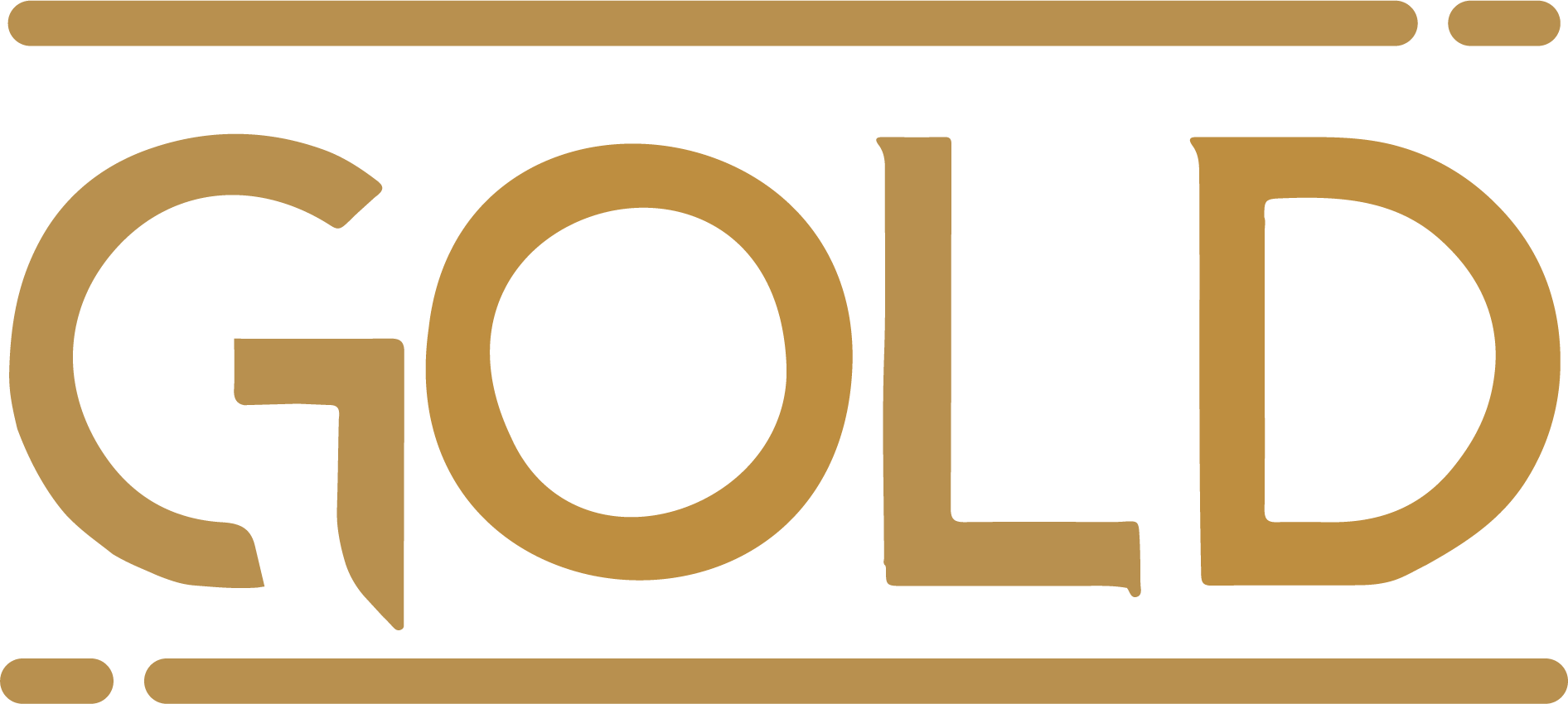
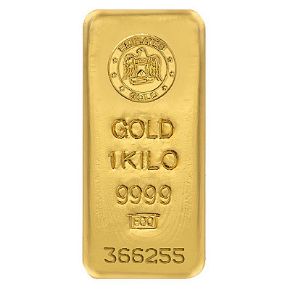
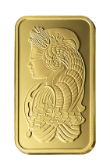


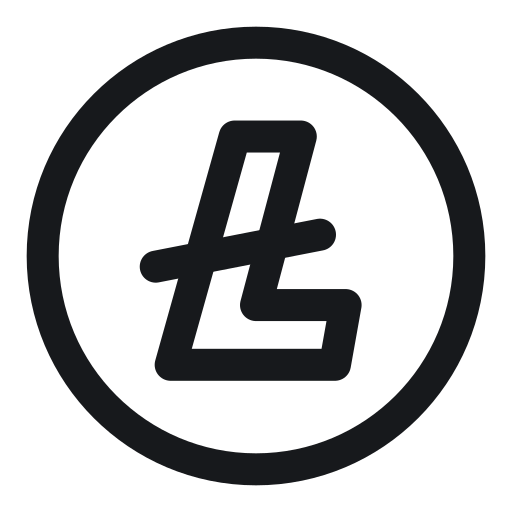
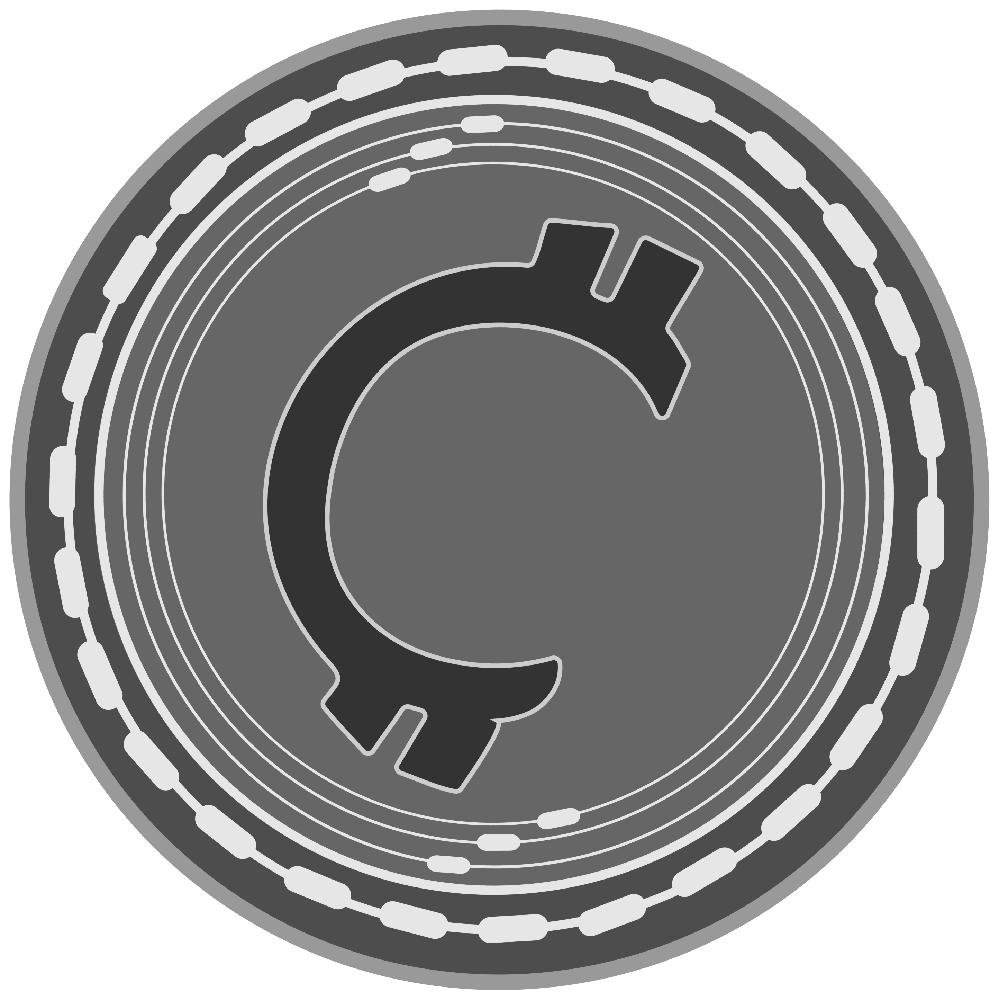
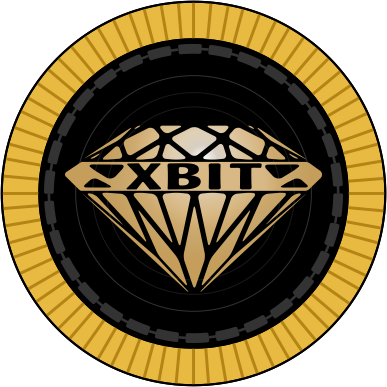
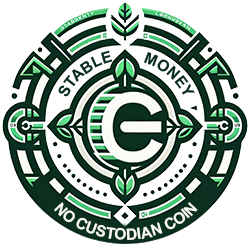

.png)

